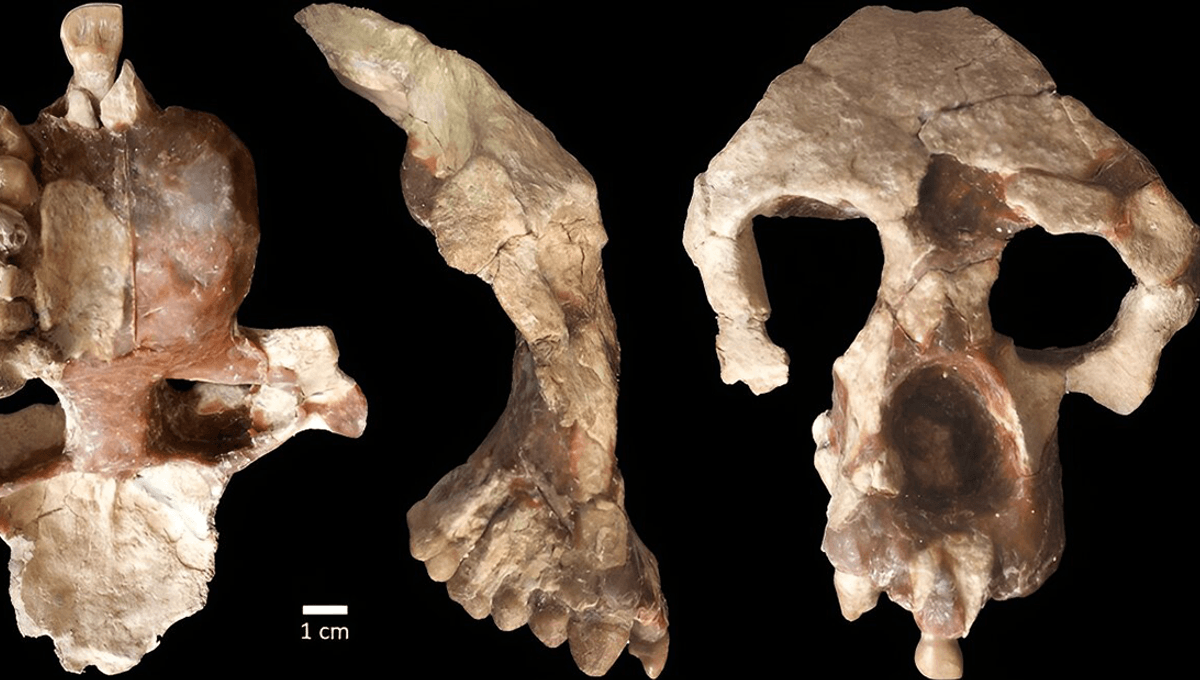Prepare to have your mind blown by the discovery of a newly-identified ape called Anadoluvius turkae. This incredible find has the potential to challenge everything we thought we knew about our origins. The fossilized remains of this ape, unearthed in Türkiye from an ancient site dating back 8.7 million years, suggest that our ancestors, along with African apes, actually evolved in Europe before making their way to Africa between 9 and 7 million years ago.
In 2015, a remarkably well-preserved partial cranium was discovered, providing researchers with a unique opportunity to delve into the evolutionary relationships of this ancient creature. Through careful analysis, the team determined that A. turkae would have been similar in size to a large male chimpanzee or an average female gorilla.
Classifying this ape as an early hominine, a group that includes chimpanzees, gorillas, and bonobos, the team’s findings challenge the prevailing belief that the earliest humans originated solely in Africa. Instead, they propose that the ancestors of African apes and humans first emerged in Europe before eventually migrating to Africa.
“Our findings suggest that hominines not only evolved in western and central Europe but also spent over 5 million years evolving there and spreading to the eastern Mediterranean before eventually dispersing into Africa, likely due to changing environments and diminishing forests,” explained Professor David Begun from the Department of Anthropology at the University of Toronto in a press release.
Currently, the members of this particular radiation, including Anadoluvius, have only been identified in Europe and Anatolia. The team believes that Anadoluvius coexisted with animals similar to those found in Africa today, and they eventually migrated to Africa around 8 million years ago, adapting to environments similar to those inhabited by early humans.
While it is still possible that an ancestor ape traveled from Africa to Europe prior to this, the evidence is scarce. To definitively establish a connection between the two groups, more fossils from both Europe and Africa, dating back 8 to 7 million years, need to be discovered.
This groundbreaking study, published in Communications Biology, opens up a world of possibilities and challenges our understanding of human evolution.








